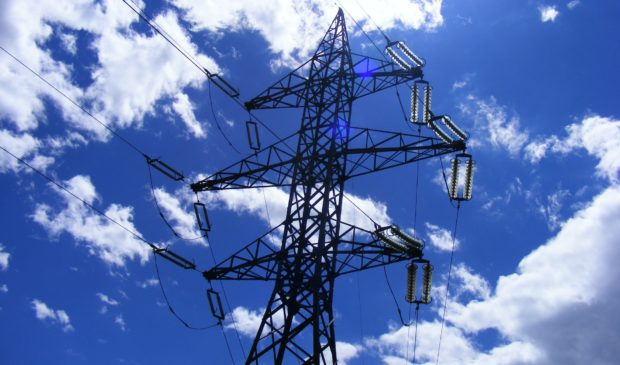Consumer advocate: Austin Energy should lower rates for residents
Thursday, May 19, 2016 by
Jack Craver Austin Energy should lower electricity rates for average Austinites, says the independent consumer advocate hired by the city to respond to the rates proposed by the city-owned utility.
In testimony Monday to the Electric Utility Commission, Clarence Johnson, the expert witness for the consumer advocate team, said that residential customers and small businesses should get a chunk of the rate reduction that the utility has proposed for large commercial and industrial classes of customers.
“That is consistent with the notion of a publicly owned utility: that the benefits serve all classes,” he said.
Johnson also emphasized that the utility should not raise the $10 per month fixed customer charge that residential customers pay regardless of their electricity use. Austin Energy has not proposed raising that charge in the current rate review but has suggested that it should go up in the future.
Keeping the fixed fee lower, said Johnson, encourages energy conservation, since customers have a greater ability to reduce their overall cost by consuming less electricity.
Austin Energy has estimated that the revenue it will receive from ratepayers will exceed the cost of providing service by $17 million if rates stay the same. It therefore proposed an overall base rate decrease of 2.8 percent. But it only proposed a rate reduction for commercial customers, contending that they currently “pay substantially more in revenues than their cost of service.”
Indeed, the dozens of public briefs submitted by ratepayers in the rate review include howls from the business community that current rates are unfair to commercial customers and that the utility’s proposed changes don’t go nearly far enough in easing the burden on employers.
“AE’s proposed revenue distribution unfairly maintains significant existing interclass subsidies and fails to adequately move several large Commercial classes toward their actual cost of service,” said a brief submitted jointly by the Austin Chamber of Commerce and Data Foundry.
According to the consumer advocate team’s estimate, however, revenue will exceed Austin Energy’s cost of service by $39 million, enabling the utility to reduce rates even more. Johnson said the team does not object to the proposed reductions for commercial classes, only that they should not be the only beneficiaries of a rate cut.
Another area of contention is the current discount for houses of worship. The utility has proposed eliminating the discount. In its rate proposal, Austin Energy showed the impact that eliminating the discount would have on six unnamed houses of worship. Four of those six would see substantial bill increases –– between 22 and 34 percent –– while two would experience a 1 percent increase or decrease.
Based on usage, it has estimated that this will lead energy bills for the average church, synagogue or mosque to rise between 20 and 34 percent, based on their consumption.
Johnson didn’t defend the discount in particularly strong terms but suggested that the utility does not currently have a good sense of the true impact of religious buildings on its cost of service. Houses of worship consume a large amount of their energy on weekends but relatively little during the week, he pointed out. Demand-based charges that are tied to their peak use in a month is therefore “very unfavorable” to them, he said.
Commissioner Stefan Wray wondered aloud whether there might be “legal or constitutional issues” related to granting religious groups favorable rates. Johnson said he was unaware of any such concerns.
In response to a question from Commissioner Shudde Fath, Johnson also said that the consumer advocate team was not opposed to maintaining the 5 percent discount for ratepayers outside of the city, but that the utility should pay for it through its margins and not pass the cost on to city ratepayers.
In response to the proposals submitted by the consumer advocate as well as the dozens of other intervenors, Austin Energy will submit an official rebuttal Friday.
Mark Dreyfus, Austin Energy’s vice president of regulatory affairs and corporate communications, told the commission that while businesses, activist groups and citizens had voiced a number of concerns about how the utility charges for electricity, there was one complaint that was conspicuously absent from the debate.
“No one is challenging that this is a well-run utility,” he said. “No one has challenged the operational excellence of Austin Energy and the Austin Energy staff.”
This story has been corrected to show that the houses of worship referenced did not reflect an average, but a sampling of usage.
You're a community leader
And we’re honored you look to us for serious, in-depth news. You know a strong community needs local and dedicated watchdog reporting. We’re here for you and that won’t change. Now will you take the powerful next step and support our nonprofit news organization?



